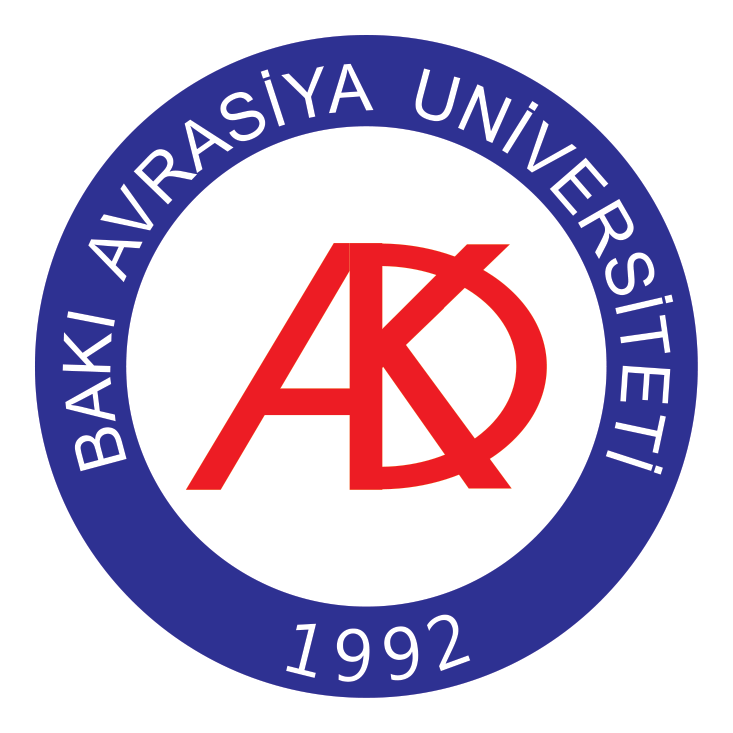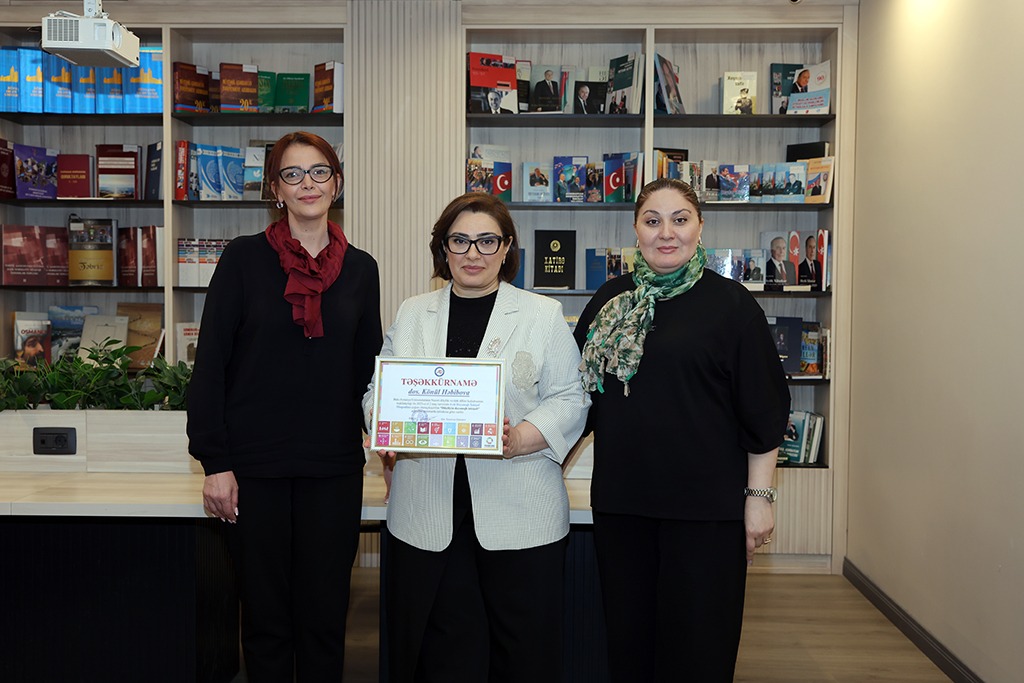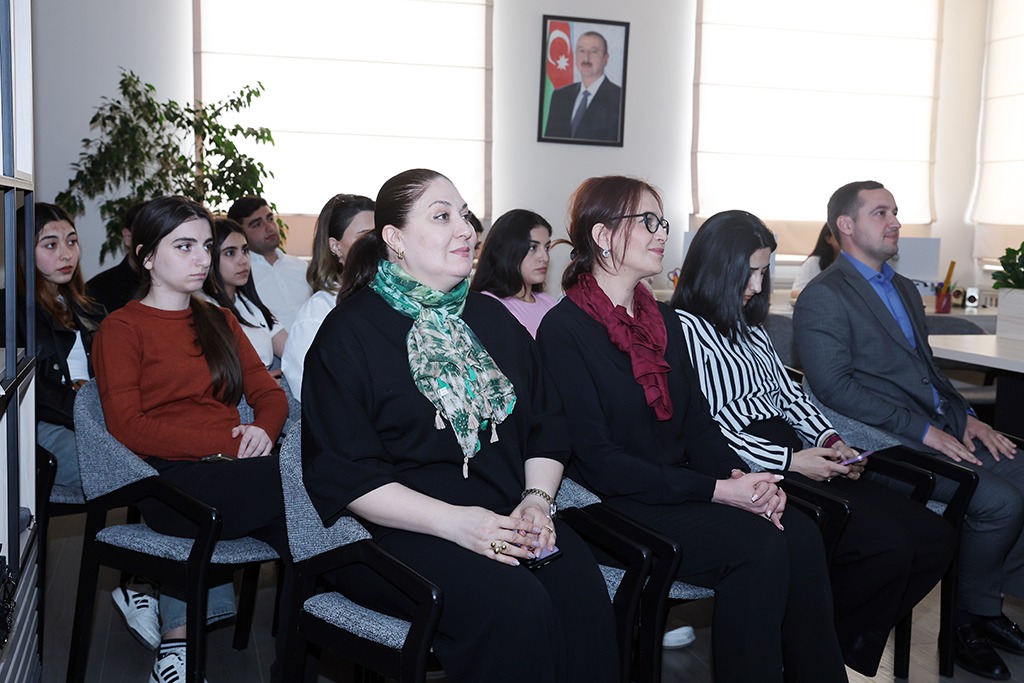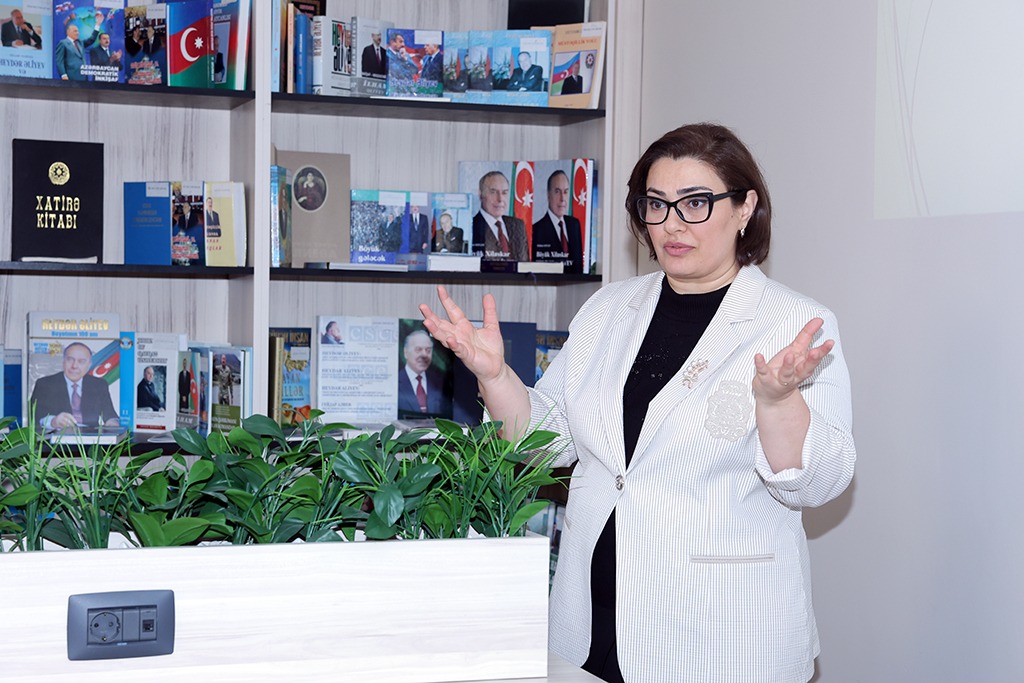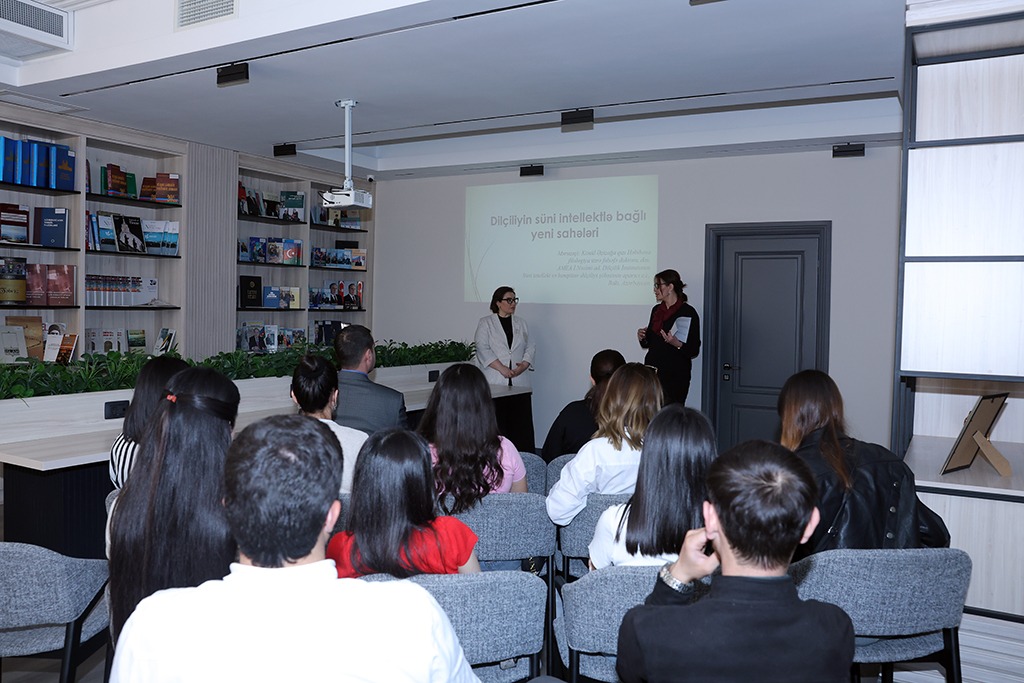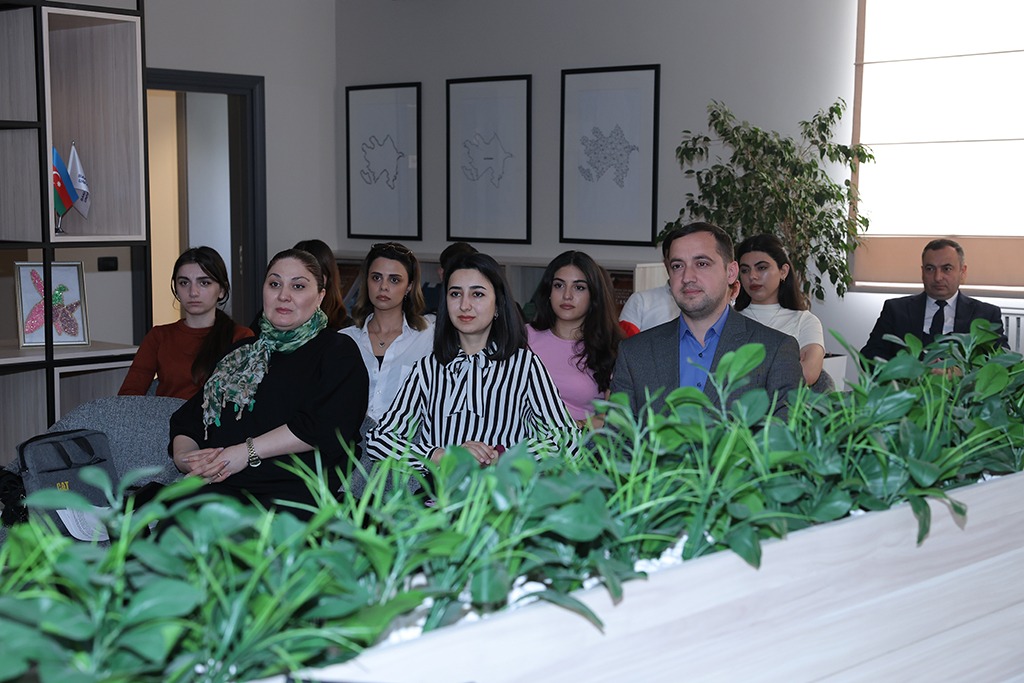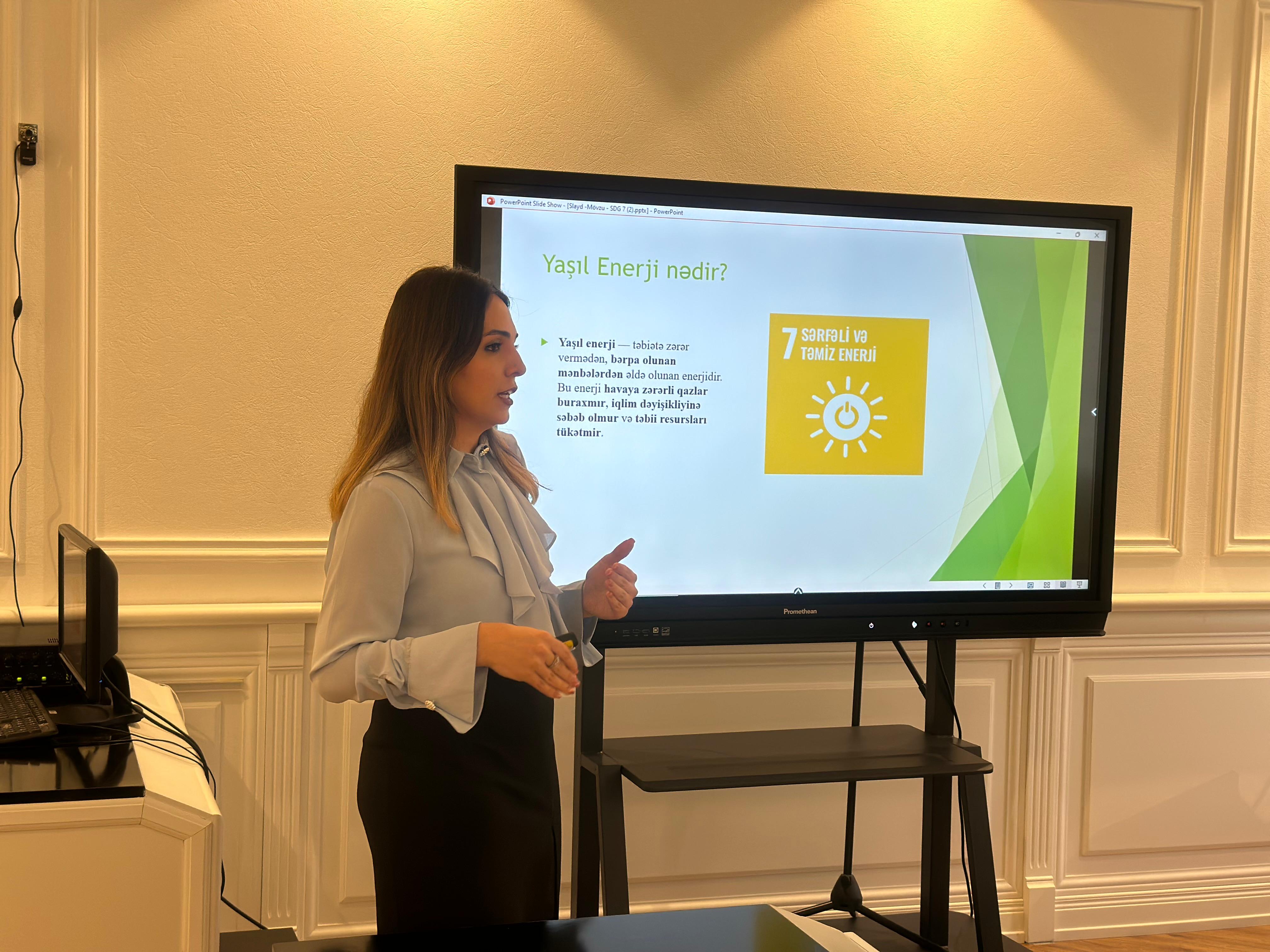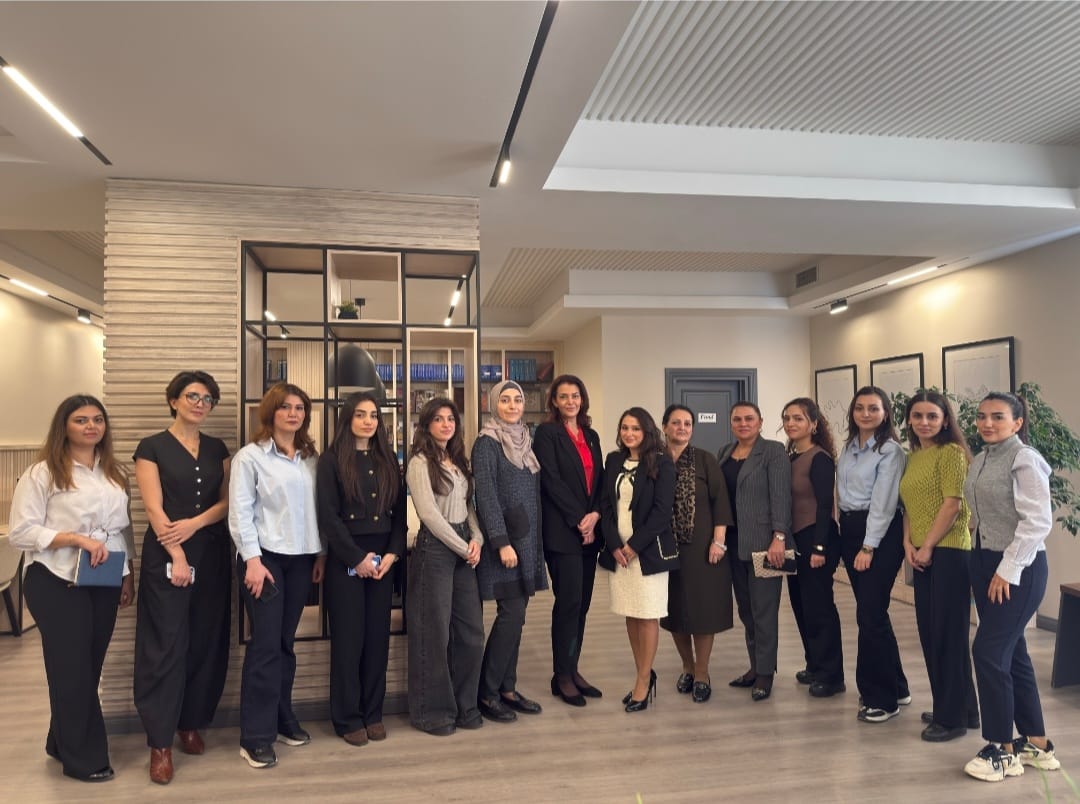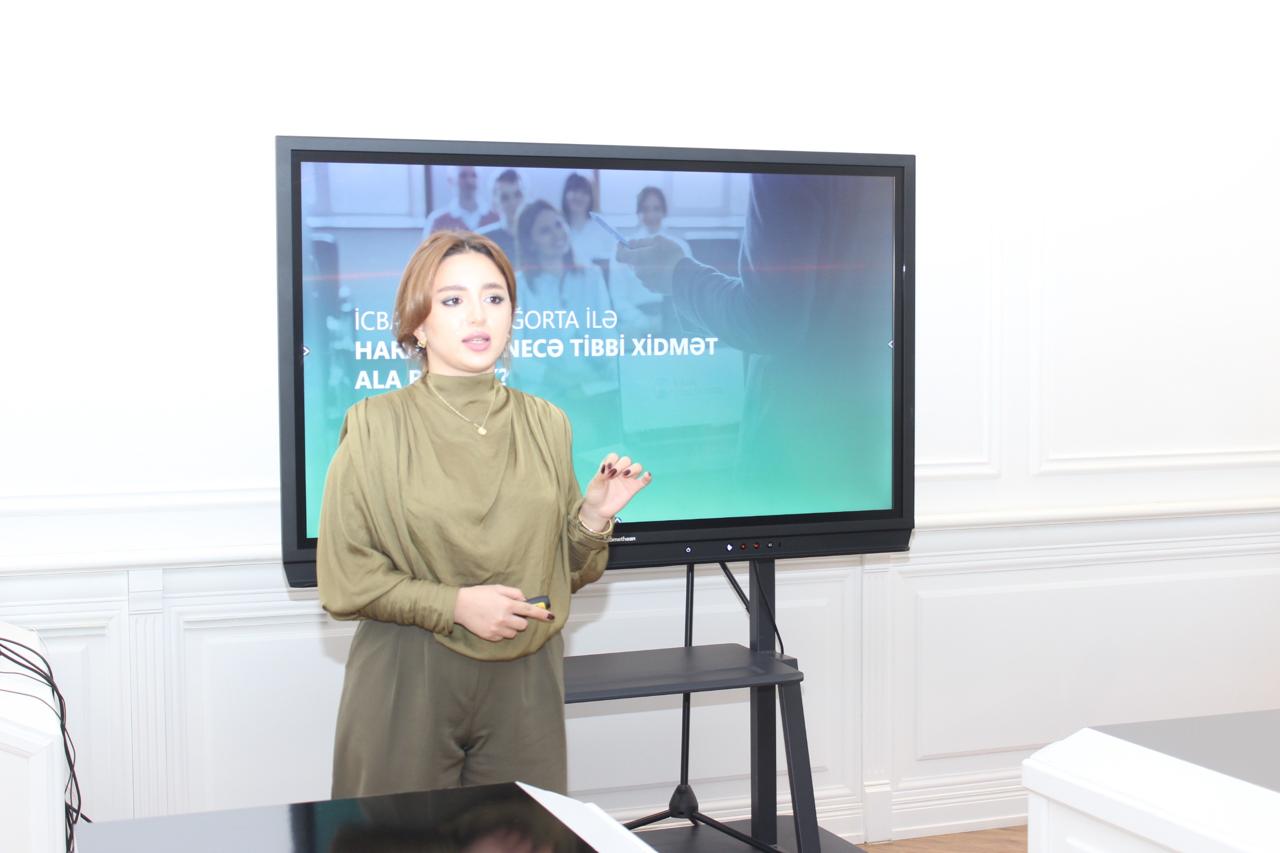- 03 May 2025
On May 2, 2025, within the framework of a series of events dedicated to the United Nations Sustainable Development Goals (SDGs), the Department of Theoretical Linguistics and Turkic Languages of the Faculty of Philology at Baku Eurasian University (BEU) organized a scientific seminar. Participants of the event reflected on the broader implications of Sustainable Development Goal 4 – Quality Education, emphasizing the need for equitable and accessible education across all levels—from early childhood development to tertiary education. The seminar was formally opened by Associate Professor Sevda Rzayeva, who delivered introductory remarks and provided an overview of the United Nations’ 17 Sustainable Development Goals. Subsequently, Associate Professor Zamina Rustambayli, Head of the Department of Theoretical Linguistics and Turkic Languages, emphasized the significance of the event and invited the guest speaker to deliver her presentation. The speaker of the seminar was Associate Professor Konul Habibova, Senior Research Fellow at the Department of Artificial Intelligence and Computational Linguistics of the Nasimi Institute of Linguistics under the Azerbaijan National Academy of Sciences (ANAS). In her lecture, Associate professor underscored how technical learning and vocational education in linguistics, supported by emerging AI tools, could foster universal literacy, universal numeracy, and contribute to education for sustainable development. In her comprehensive presentation, Associate Professor Konul Habibova elaborated on the new opportunities brought by artificial intelligence and linguistics—fields that have become indispensable to modern life. She explored topics such as computer science, corpus linguistics, cognitive science, computational linguistics, as well as emerging methodologies for addressing uncertainty and advancing linguistic research. Furthermore, she highlighted the linguistic interpretation of Gödel’s incompleteness theorem, offering insightful perspectives into its implications for linguistic theory. By promoting ecojustice education, humane education, and climate change education, linguistics can play a transformative role in shaping equitable, peace-oriented, and sustainability-focused global citizenship.
